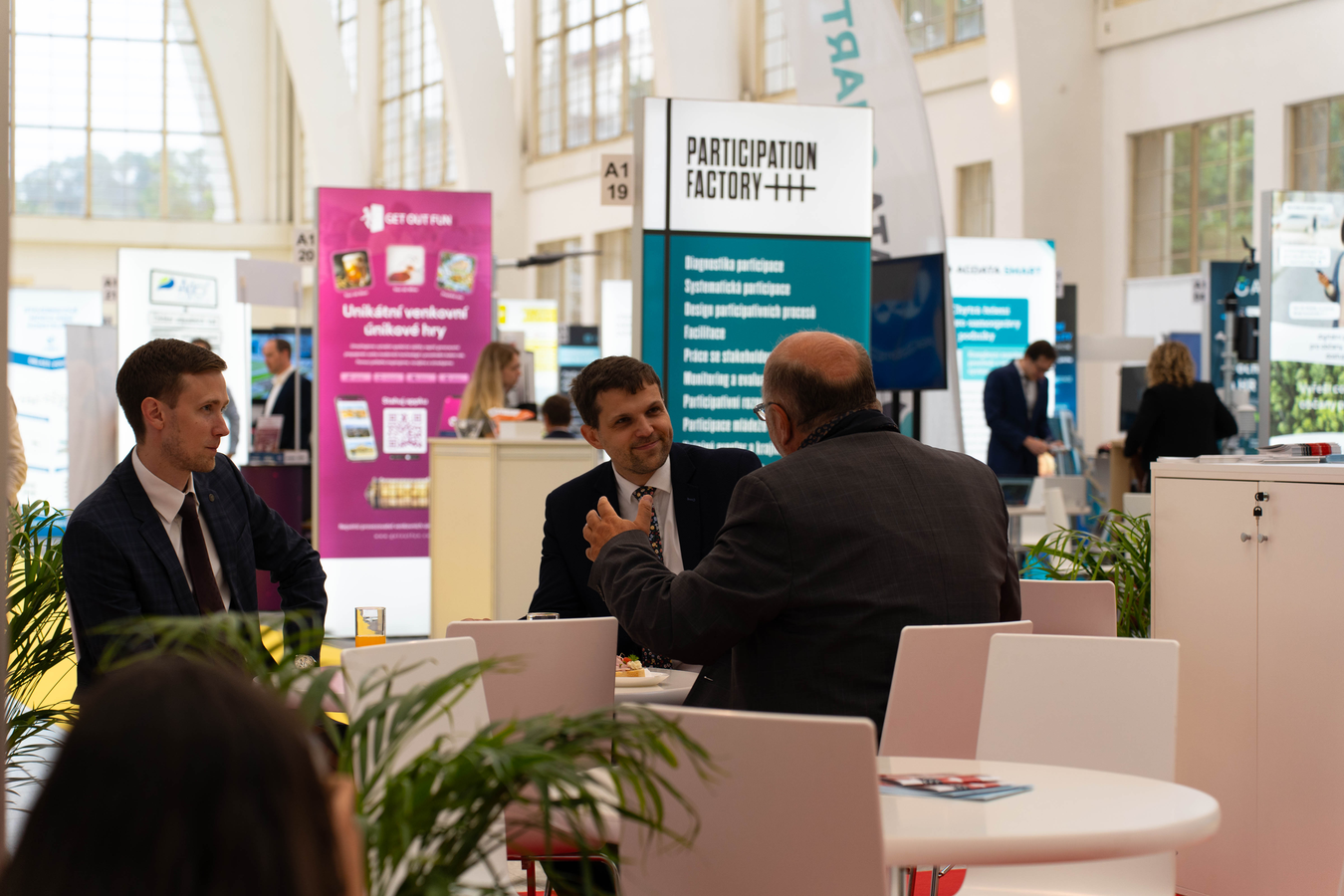URBIS 2025: key challenges for cities and municipalities and their development
April 23, 2025 / 11:06 AM
The new URBIS The Smart Cities Meetup returns to the Brno Exhibition Centre after one year. From 10 to 12 June, the most important players in the Smart City field will gather in Brno to present the latest experiences and findings in this area to representatives of local governments, academia and the commercial sector.
"Last year we implemented Urbis for the first time according to a new concept, which was a clear success with the representatives of local governments. This year, of course, we are continuing this scenario and I can promise the conference participants a truly beneficial programme that will inspire them to improve life in their municipalities and to manage them more efficiently. I can't forget the companies on the exhibition area, especially the start-up zone, which will present innovations and new technologies for municipalities and cities," says this year's Urbis project director Petr Maliňák.
Excerpt from the URBIS 2025 Conference Programme
The URBIS 2025 Conference will focus on the key challenges facing cities and towns and their future development. On the first day, 10 June, the conference will start with a strategic introduction outlining the main challenges and opportunities for modern cities. Discussions will then focus on the role of cities and municipalities as catalysts for prosperity and smart solutions, with the important topic of community energy as a real opportunity for local governments. Mobility as a key element of sustainable development will be the focus of the session ‘Where is our mobility going?’, and the first day's programme will conclude with a discussion on social innovation and the development of resilient communities.
The second day, on 11 June, will focus on the environmental and social responsibility of cities. The morning will focus on climate neutrality and cooperation between cities and citizens. Afterwards, participants will learn how to connect different generations in urban planning in the panel From Experience to Innovation. Another discussion will provide insights into civic-tech tools that help local governments to be closer to citizens. The afternoon will be dedicated to living labs and agile piloting of innovations, while the end of the day will focus on the importance of smart city education, where collaboration between tech experts and mayors is key.
The third day, on 12 June, will provide a glimpse into the future of digital infrastructure and modern technologies. The first session will address the issue of 5G network rollout and its impact on city services. It will then discuss how to deploy artificial intelligence in public administration and where to start with this transformation. Data and digitalisation in municipal services will be an essential topic, enabling more efficient governance and citizen engagement. The conference will conclude with a discussion on Mobility to Health, which will focus on the link between transport and quality of life in cities.
Representatives of municipalities and the academic sector can enter for free
As last year, representatives of the municipal and academic sectors can enter for free, just by simply requesting a discount code.
Discount code for the academic sector
Discount code for local government

